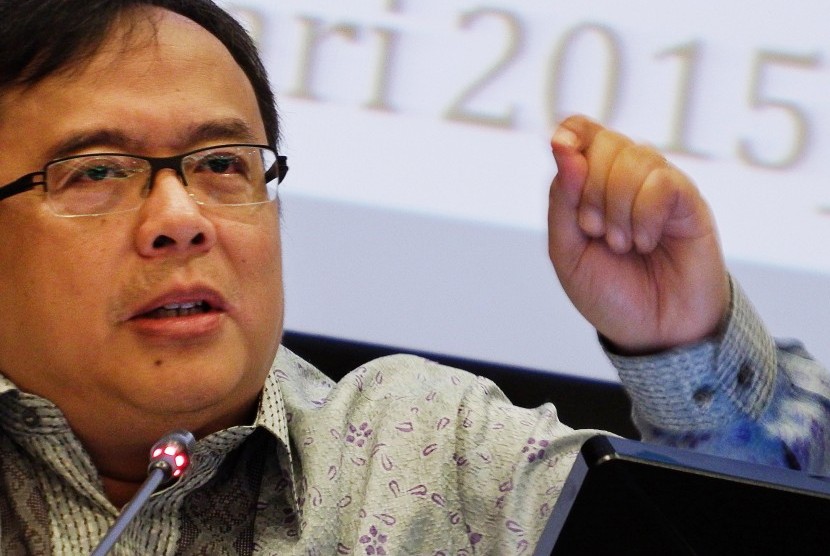REPUBLIKA.CO.ID, JAKARTA -- Finance Minister Bambang Brodjonegoro has ensured that the economic stabilization process conducted by the government, through the issuance of a policy package to overcome the current account deficit problem, will not sacrifice growth targets.
"Stability does not sacrifice economic growth because we do not want it," Bambang stated here on Wednesday night.
He noted that the government's efforts to stabilize the economy are very important as they can encourage investment in Indonesia, but the short-term focus will not overlook the objective of achieving the growth targets.
"The growth comes from the state budget with allocations for infrastructure spending amounting to Rp290 trillion, investment for state-owned enterprises worth Rp70.4 trillion, foreign direct investment (FDI), and domestic consumption by maintaining the purchasing power of the people," he explained.
He remarked that economic stabilization is very important as it supports inclusive growth and provides a strong fundamental foundation, so that the national economy can grow higher as expected.
Bambang pointed out that the delay in achieving stability and reforms can lead to a financial crisis such as the 1998 crisis, although Indonesia had recorded an economic growth rate of 7 percent in the 1990-1997 period.
"Stability should not be forgotten at any cost. Once we forgot stability, Indonesia collapsed in 1998, whereas the country had outstanding exports, mainly manufacturing, which is basically labor-intensive," he said.
He expressed optimism that the growth target can still be achieved, as has been stated in the National Mid-Term Development Plan (RPJMN) for 2015-2019 by an average of 7 percent in five years and 5.7 percent in the state budget.
The economic stabilization process will not follow recent developments as the government remains in control of the process. Thus, investors are not overly concerned with the development of the domestic economy.
"The stabilization of the economy does not easily provide credit for monetary easing, and the situation can overheat, which is feared by investors," he stated.


